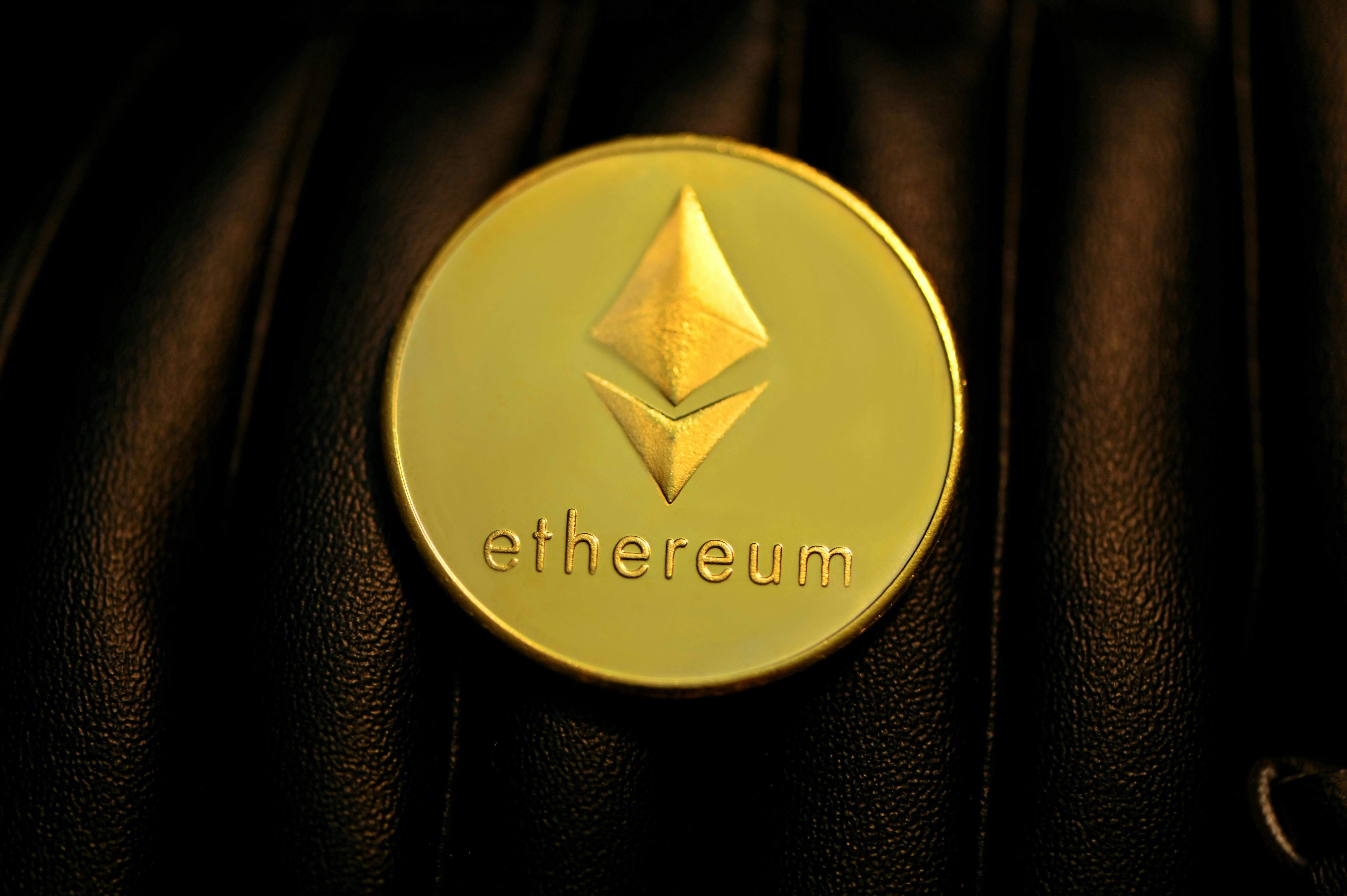Introduction
Cryptocurrency has become a popular topic among many people over the last decade. One particular cryptocurrency that has gained a lot of attention recently is Ethereum. Ethereum is not just a cryptocurrency, it's also an ecosystem with the potential to disrupt industries and change the way we do things. In this blog, we'll dive into what Ethereum is and how it works, as well as its ecosystem and potential applications.
What is Ethereum?
Ethereum is a decentralized, open-source blockchain technology that allows developers to build smart contracts and decentralized applications (dApps). Unlike Bitcoin, which was primarily designed to function as a digital currency, Ethereum's focus is on creating decentralized applications that run on its blockchain.
The Ethereum network is powered by Ether (ETH), which is the cryptocurrency used to pay for transactions and computational services on the network. Ethereum's decentralized nature means that it's not under the control of any central authority, government, or financial institution.
How Does Ethereum Work?
Ethereum transitioned to a more energy-efficient consensus algorithm called Proof of Stake (PoS). before the time they used a consensus algorithm called Proof of Work (PoW) to validate transactions and add new blocks to the blockchain.
Ethereum's blockchain is flexible and allows developers to build smart contracts - self-executing contracts that automatically enforce the terms and conditions of an agreement. This opens up many possibilities for creating decentralized applications, which can range from anything like digital marketplaces, prediction markets, and even games.
Ethereum's Ecosystem

Ethereum's ecosystem is vast and includes a community of developers, users, investors, and others who contribute to its development and growth. In addition to its native cryptocurrency Ether (ETH), the Ethereum ecosystem includes a range of other tokens, including many ERC-20 tokens built on top of its blockchain.
There are also many dApps built on the Ethereum network, including decentralized exchanges (DEXs), decentralized finance (DeFi) applications, and other decentralized applications.
Applications of Ethereum
Ethereum has opened up new possibilities in the world of business by providing a decentralized platform that can revolutionize the way we perceive financial transactions. With the help of Ethereum's smart contracts, decentralized finance applications have emerged as potential game-changer in the finance industry. Unlike traditional finance, decentralized finance allows for financial services to be accessed without the need for intermediaries such as banks. This eliminates the need for centralized authority for managing financial transactions. Additionally, with the creation of decentralized marketplaces, the middlemen in various industries can be eliminated, making transactions faster and more cost-effective. Using Ethereum as the platform for decentralized marketplaces offers an alternative, more accessible and transparent approach compared to traditional marketplaces. Overall, Ethereum's potential applications are vast and offer significant opportunities for businesses and individuals to access financial services and engage in transactions without the need for intermediaries.
Ethereum has the potential to revolutionize the way we do things, and its ecosystem is expanding at a rapid pace. Anyone can participate in the Ethereum network by buying Ether (ETH) and participating in its decentralized applications. As the network continues to grow and more applications are developed, we can expect to see Ethereum and its ecosystem become even more significant in the world of technology and finance.
